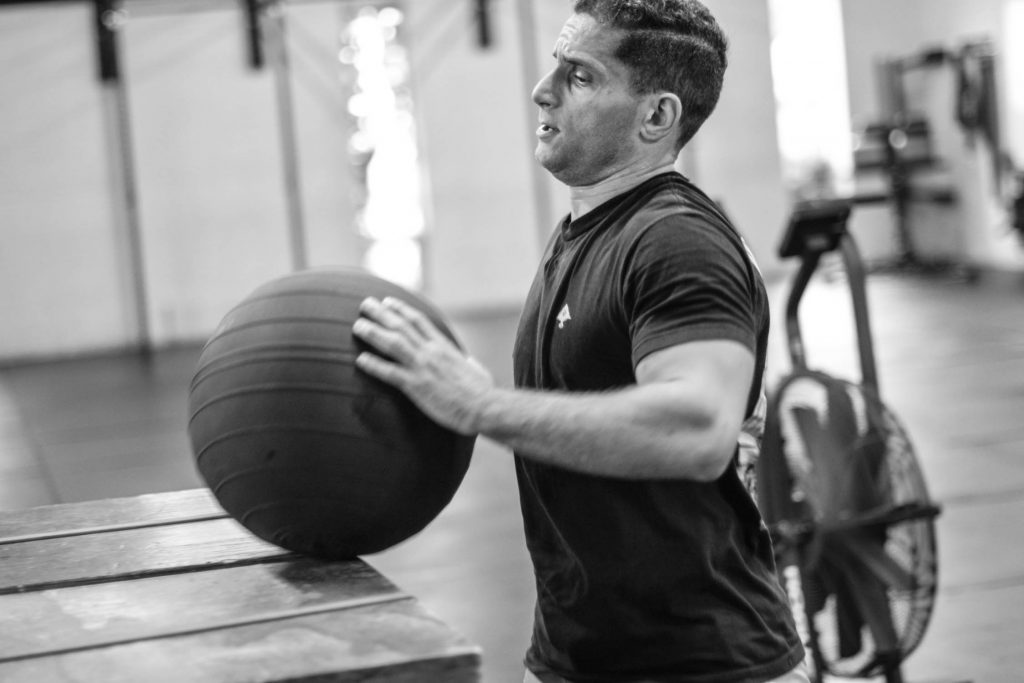testestorone. oxytocin. dopamine.
chemical signals. reward and preparation.
biochemistry is how our body prepares us for what comes next, or rewards us for what we have just done. it is a beautiful system that has woven us into a complex tapestry of behaviors — and more than a few neuroses.
if we look at this chemistry as a tool of behavior modification, then we must also recognize that most of us are walking in on the middle of the story, with decades of habits already written and entrenched, reward systems so ubiquitous that it is easy to see them as natural and un-changeable.
but what are we but engines of adaption. we shape the world and shape ourselves to fit it. we are so well adapted to signals that we begin to respond in preparation for the event, to the internal signals of thought and emotion.
this. this is where our greatest power lies.
our ego, our sense of self — the things we like and dislike are more under our control than we are led to believe. we learned to respond the way that we do, we can learn to respond differently. it is a matter of argument. of narrative fidelity. who are you? who do you want to be? what makes you feel rewarded and at what cost?
this is not a pep talk but an honest question. a plea to pay attention. to ask questions. why does a certain act fulfill you? and where does that road lead? is there a different path that is more consistent with the big picture view of how you see yourself?
are you still rewarding yourself for battles you have already won?
defending yourself against threats long expired?
reinforcing behaviors of someone who you no longer want to be?
all training is ego based. it is the wish to be seen by the world as we see ourselves. the problem is that we are too close and too far away, we forget to turn our logic and our argumentation inward. we forget that on a chemical level we are all toddlers, having temper-tantrums and grabbing for candy. wired to find the shortest route to success. being an adult is simply taking responsibility for that truth, telling a convincing enough story that the shortest path to gratification is also the one we are most proud of.
a friend once wrote “if quitting would make the pain stop than i would do it every time” he was able to reframe quitting into a more costly choice than finishing.
this isn’t to say that it is easy, the decision to change is predicated on the idea that there is something to change. what is easy, or at least familiar, is what got you where you are. deciding to change means deciding to be—to do—something else. searching for easy is often a flailing attempt to acquire the symbol of change without the work (and with it, the benefit) of movement.
i choose to move.








